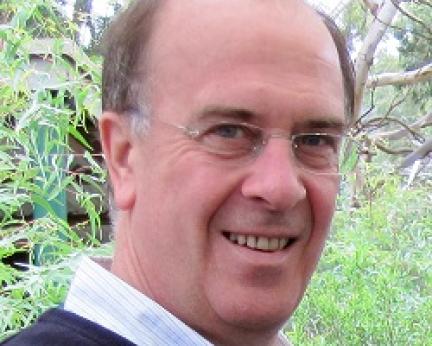I spend half the year looking after patients at the Royal Liverpool University Hospital. They can be admitted to one of our two specialist wards with any kind of infection – this might be with diarrhoea, pneumonia, TB, HIV or a high fever. We have a steady stream of patients who have contracted diseases from abroad, such as malaria, dengue fever, leishmaniasis, leprosy and other tropical infections.
Each day I conduct two ward rounds, one first thing in the morning and the other late in the afternoon. I work closely with the trainee doctors, nurses, pharmacists and other staff to review patients and decide on appropriate treatment. I also see newly admitted patients and others needing an immediate consultant review. Twice a week I see each patient for a more detailed review in our longer ward rounds. A once-weekly outpatient clinic is also part of my work, where I follow-up recently discharged patients and see new referrals.
Our unit always has a consultant available at the end of a phone 365 days a year, day and night to take local and national queries from other doctors about infectious diseases. I share this when I’m also on-call for the hospital – which means one week on and one week off for four-six months of the year (so up to 13 weeks a year on-call altogether). I can deal with most situations over the phone, and it’s rare to take a call in the middle of the night. Once a month I’m on-call at the hospital over the weekend, which involves working both days until about 2 pm and then taking calls from home.
We work closely with the infection control team in the hospital, keeping the patients and staff safe from infections such as C difficile, norovirus and multi-resistant bacteria, and providing advice on antibiotics. We also isolate and look after new imported threats to the hospital such as Swine and Avian Flu.
The other half of my year involves working as a senior lecturer at the Liverpool School of Tropical Medicine. This involves postgraduate teaching for doctors, nurses and other professionals who are taking Diploma or Master’s courses in Tropical Medicine and Travel Medicine. I also attend regional, national and international conferences, conduct around 70 lectures a year and undertake many research activities including supervising several PhD students.





